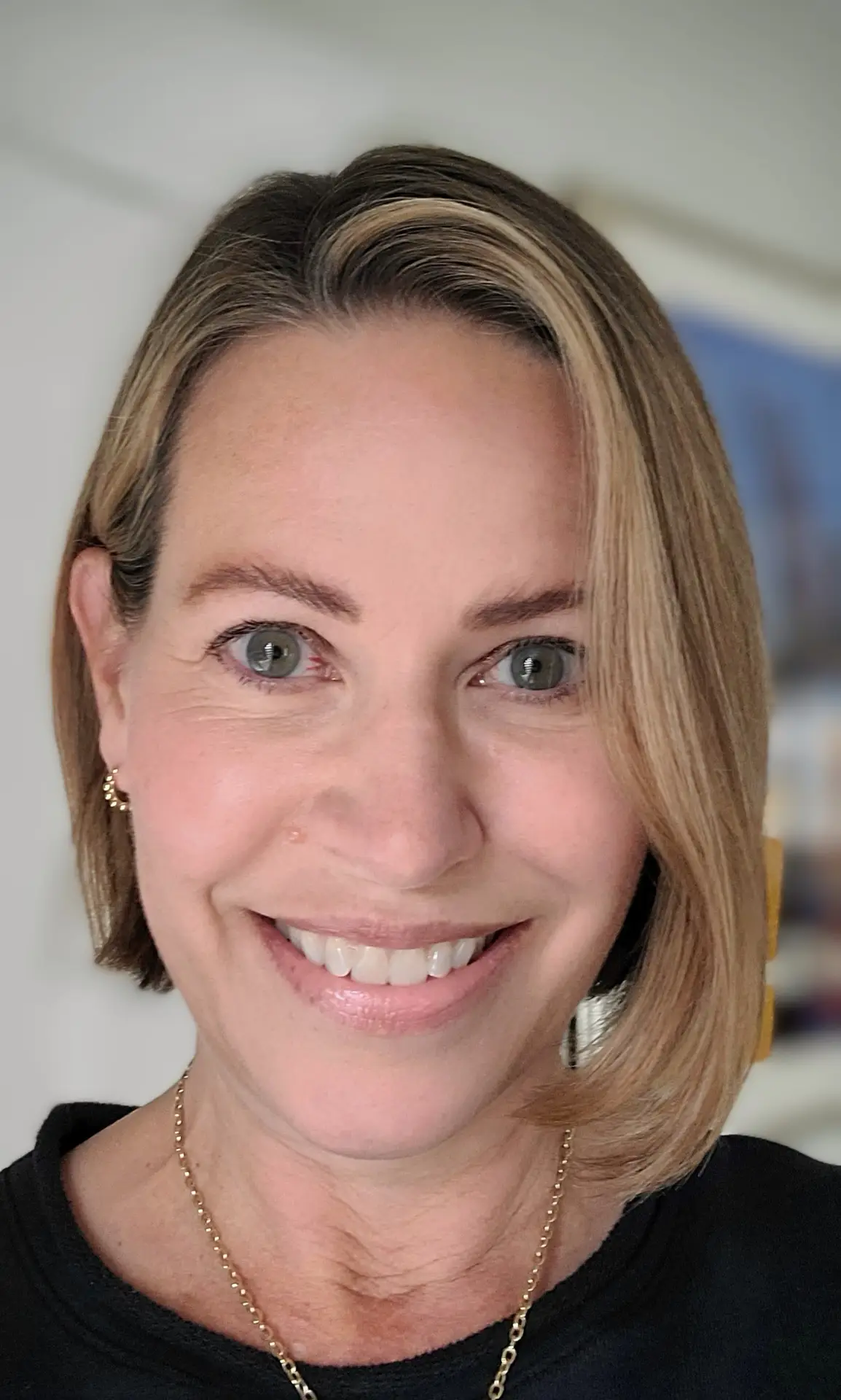SAN FRANCISCO, Dec. 3, 2021 /PRNewswire/ — Today Quantum Leap Healthcare Collaborative (QLHC), sponsor of the I-SPY COVID Trial, announced that the IC14 arm of the trial has been terminated. This decision was due to the high probability that IC14 would not have a large impact on either shortening time to recovery or mortality in critically ill patients with COVID-19.
IC14 is a chimeric monoclonal antibody that was selected for inclusion in the trial because targeting CD14 may be an appropriate strategy to modulate the host innate immune response that causes serious illness and organ damage in COVID-19 illness. The testing of IC14 was discontinued at the recommendation of the Data Monitoring Committee (DMC) after 66 subjects were randomized to the IC14 arm and analyzed in the Intent-to-Treat (ITT) population. Patients assigned to the IC14 arm received backbone therapy, including dexamethasone and remdesivir, plus 4 mg/kg of IC14 by intravenous infusion on day 1 and 2 mg/kg on days 2, 3 and 4.
The IC14 results were compared to 76 subjects who were concurrently randomized to the backbone control arm. The graduation criteria were not met, but the futility criteria were partially met. The probability that IC14 could reduce time to recovery was estimated to be 3.4%; the probability that the IC14 arm is superior to the concurrent arm to reduce mortality was estimated to be 62%. After all patients reached 28 days of follow-up, the data suggested there was a low probability that the addition of IC14 to backbone therapy would have an impact on time to recovery or mortality.
Garry Redlich, CEO of Implicit Bioscience which owns the IC14 development program said, “We are most grateful for the opportunity provided by QLHC to participate in their courageous mission to identify a breakthrough intervention in the advanced stages of this very difficult disease. Our interaction with the I-SPY COVID Trial leadership team has been an inspiration. Other clinical and research collaborations testing IC14 in patients with COVID-19 who are less sick are ongoing. Our core clinical portfolio in neurology, cardiology and ophthalmology remain the principal focus for the Company”
Dr. Laura Esserman, co-principal investigator of the I-SPY COVID Trial commented, “We are grateful for the partnership with Implicit Bioscience. Critically ill patients with viral pneumonia are very difficult to treat and there are few options that really impact outcome. We did not see a big impact with IC14 in our COVID-19 patients, but certainly cannot rule out that this agent could make a difference in non-COVID ARDS.”
The I-SPY COVID Trial was designed to rapidly screen agents that show promise for reducing the time to recovery (defined as reduction in oxygen demand) or risk of mortality in critically ill COVID-19 patients. The study utilizes QLHC’s adaptive platform trial design methodology, which focuses on the simultaneous, efficient assessment of multiple investigational agents. Previous agents assessed in the trial include cenicriviroc, razuprotafib, apremilast, icatibant and famotidine plus celecoxib. An investigational agent arm is recommended for termination due to futility if there is insufficient improvement in recovery or mortality. Specifically, the following futility rules apply:
- The treatment crosses the 90% probability that the hazard rate for benefit in time to recovery is less than 1.5 compared to standard treatment (Pr(HR < 1.5) ≥ 0.9)
- Posterior probability for its hazard ratio for overall mortality vs. backbone (adjusted for COVID-19 level status at baseline) is greater than one is greater than or equal to 0.5 (Pr(HRmortality > 1) ≥ 0.5).
IC14 was administered at 24 participating US sites. There were no safety concerns associated with IC14 in the trial.
Investigation into additional agents via the I-SPY COVID Trial are ongoing, with the investigators continuing to rapidly screen treatments to identify highly effective therapeutics; this remains an urgent priority for QLHC and its partners. The I-SPY COVID Trial now includes 24 sites as well as leaders in pulmonary and critical care centers from around the country.
The I-SPY COVID Trial is a collaboration between members of Quantum Leap, pharmaceutical partners such as Implicit Bioscience and the United States government. This work is supported in part by the Biomedical Advanced Research and Development Authority (BARDA), part of the office of the Assistant Secretary for Preparedness and Response within the U.S. Department of Health and Human Services, and the Department of Defense Joint Program Executive Office for Chemical, Biological, Radiological and Nuclear Defense, in collaboration with the Medical, Chemical, Biological, Radiological and Nuclear (CBRN) Defense Consortium (MCDC)—(contract MCDC2014-001). The Defense Threat Reduction Agency (DTRA) enables the Department of Defense (DoD), the U.S. Government, and International Partners to counter and deter Weapons of Mass Destruction (WMD) and Emerging Threats.
About Quantum Leap Healthcare Collaborative
Quantum Leap Healthcare Collaborative is a 501C(3) charitable organization established in 2005 as a collaboration between medical researchers at University of California, San Francisco and Silicon Valley entrepreneurs. Our mission is to integrate high-impact research with clinical processes and systems technology, resulting in improved data management and information systems, greater access to clinical trial matching and sponsorship, and greater benefit to providers, patients and researchers. Our goal is to improve and save lives. Quantum Leap provides operational, financial, and regulatory oversight to the I-SPY Trials. For more information, visit www.QuantumLeapHealth.org.
About the I-SPY COVID Trial
The I-SPY COVID Trial (Investigation of Serial Studies to Predict Your COVID Therapeutic Response with Biomarker Integration and Adaptive Learning) is an adaptive platform trial designed to increase trial efficiency by minimizing the number of participants and time required to evaluate experimental and/or repurposed drugs. The focus of the trial is to improve outcomes for severely-ill COVID-19 patients—those who require at least 6L of high-flow oxygen either by mask or nasal cannula, known as level 5 on the World Health Organization (WHO) COVID scale, an 8-point ordinal scale of clinical severity status. The primary endpoints include the time to achieve level 4 or less for at least 48 hours on the WHO COVID scale, a decrease in the duration of time on a ventilator, and a decrease in mortality.
The I-SPY COVID Trial is sponsored and managed by Quantum Leap Healthcare Collaborative. For more information, visit www.quantumleaphealth.org or www.ispytrials.org.
Forward Looking Statements
This press release contains forward-looking statements. Statements in this press release that are not purely historical are forward-looking statements. These forward-looking statements are made as of the date of this press release, and the Company assumes no obligation to update the forward-looking statements, or to update the reasons why actual results could differ from those projected in the forward-looking statements, except as required by law. Investors should consult all the information set forth herein and should also refer to the risk factor disclosure set forth in the reports and other documents the Company files with the SEC available at www.sec.gov.
SOURCE Quantum Leap Healthcare Collaborative
Related Links
http://www.quantumleaphealth.org
For more information, email karyn.digiorgio@quantumleaphealth.org












